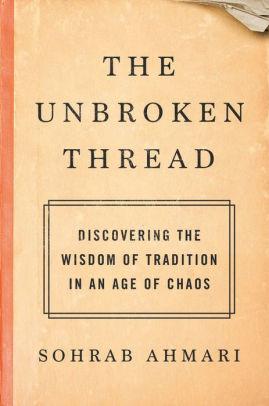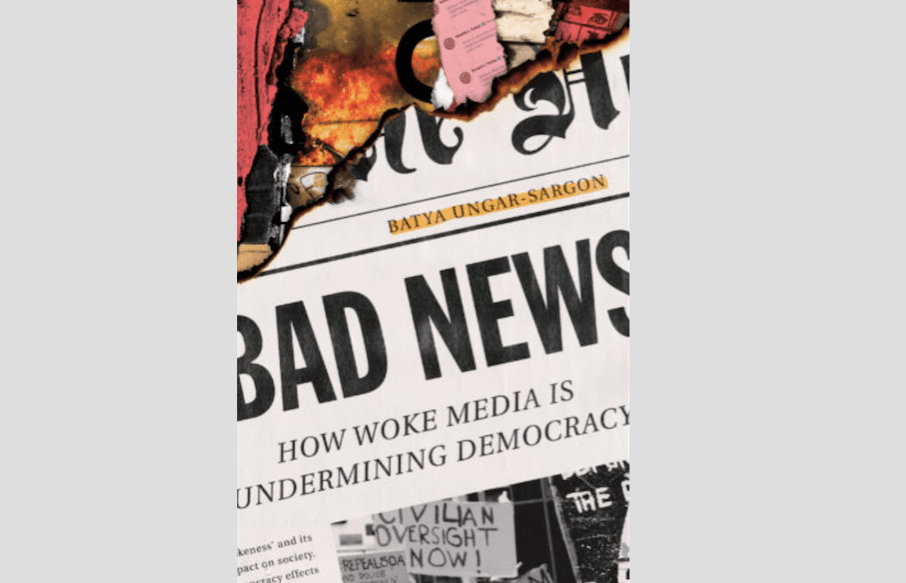Sohrab Ahmari’s new book, “The Unbroken Thread,” follows his acclaimed spiritual memoir, “From Fire by Water,” in which the Iranian American journalist had charted the story of his conversion to Catholicism.
This book is less personal and more ambitious, laying out an argument that we need to rediscover the traditions that have been swept away by the enhanced focus on individual autonomy and social liberation that has become so prevalent in recent times.


